If terrorists are tried in civilian courts, why are May 9 suspects facing military trials? asks SC judge
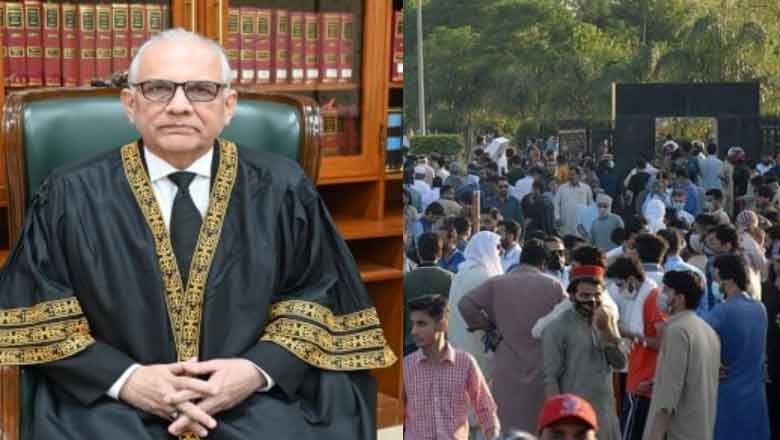
Web Desk
|
9 Jan 2025
A Supreme Court constitutional bench on Thursday raised critical questions regarding the military trials of specific accused individuals in the May 9 cases.
A seven-member bench, headed by Justice Aminuddin Khan, heard an intra-court appeal challenging the decision to try civilians in military courts.
During the proceedings, Justice Hassan Azhar Rizvi pointed out that past terrorist attacks were tried in ordinary courts. “Tell us, where were these cases tried? All of them were handled in ordinary courts. What did the May 9 accused do differently to undergo military trials?” he questioned.
Justice Jamal Khan Mandokhel raised concerns about discrepancies in trial outcomes. “If an accused is acquitted by the anti-terrorism court but convicted by the military court, is there any special evidence presented in military courts?” he asked.
Justice Musarrat Hilali questioned the criteria for determining jurisdiction, asking, “Who decides which cases will be tried in military courts and which in ordinary courts?” S
Justice Muhammad Ali Mazhar noted tha the First Information Reports (FIRs) for May 9 cases were identical and asked, “How was it decided that some accused would be tried in military courts while others in anti-terrorism courts?”
Justice Naeem Akhtar Afghan pressed Khawaja Haris, counsel for the Ministry of Defence, to clarify the total number of accused in the May 9 cases. “Show us any anti-terrorism court order regarding those sent to military courts,” he demanded.
Justice Jamal Mandokhel also sought clarity on the initiation of military custody. Meanwhile, Justice Musarrat Hilali remarked, “Provide an example where a civilian has been tried by a military court without suspending the Constitution.”
Justice Hassan Azhar Rizvi referenced past high-profile cases, such as terrorist attacks on the General Headquarters (GHQ) and Karachi’s naval base, as well as a conspiracy to hijack an army chief’s plane, all of which were tried in civilian courts. He questioned, “What makes the May 9 incident so different that it must be tried in military courts?”
Justice Muhammad Ali Mazhar remarked, “The Supreme Court previously declared Section 2D of the Army Act null and void. What will be the impact of this? Can an anti-national spy like Kulbhushan Jadhav now be tried in military courts?”
Khawaja Haris responded, “With the Supreme Court’s decision, even an anti-national spy cannot be tried in military courts.”
Justice Jamal Mandokhel criticised the state’s prosecution system, asking, “Why are we not strengthening our prosecution? If the accused is acquitted in anti-terrorism courts but sentenced in military courts, is any specific evidence provided there? Why are anti-terrorism courts not being improved? Decisions must be made based on evidence.”
Justice Hassan Azhar Rizvi also questioned the severity of the May 9 incident, asking, “Is the May 9 incident a more serious crime than terrorism? If we have competent investigating officers and prosecutors, convictions can be secured in ordinary courts.”



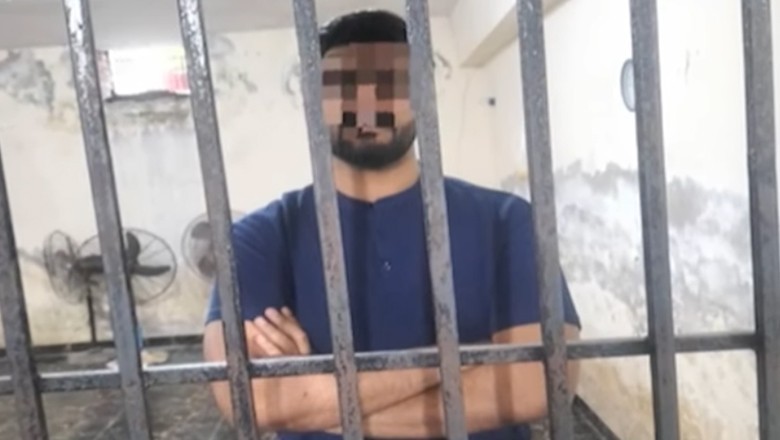
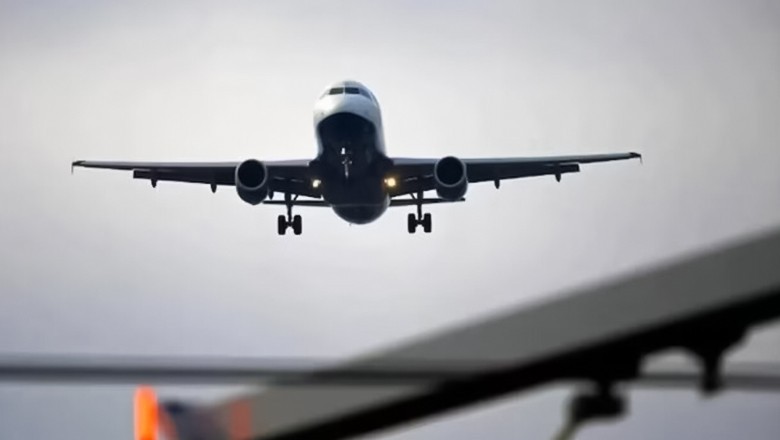

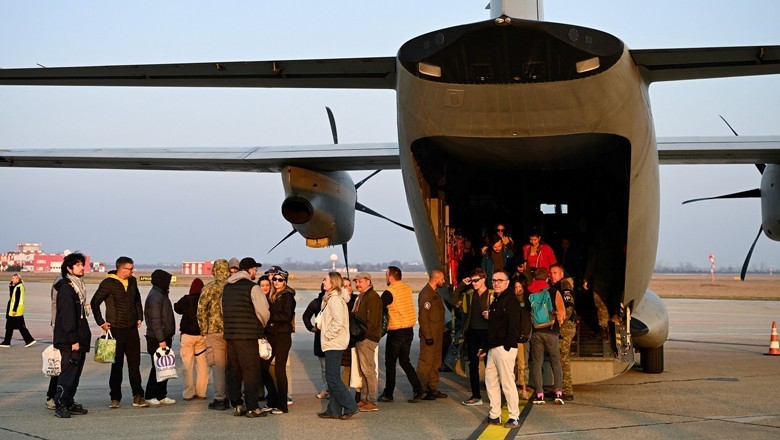
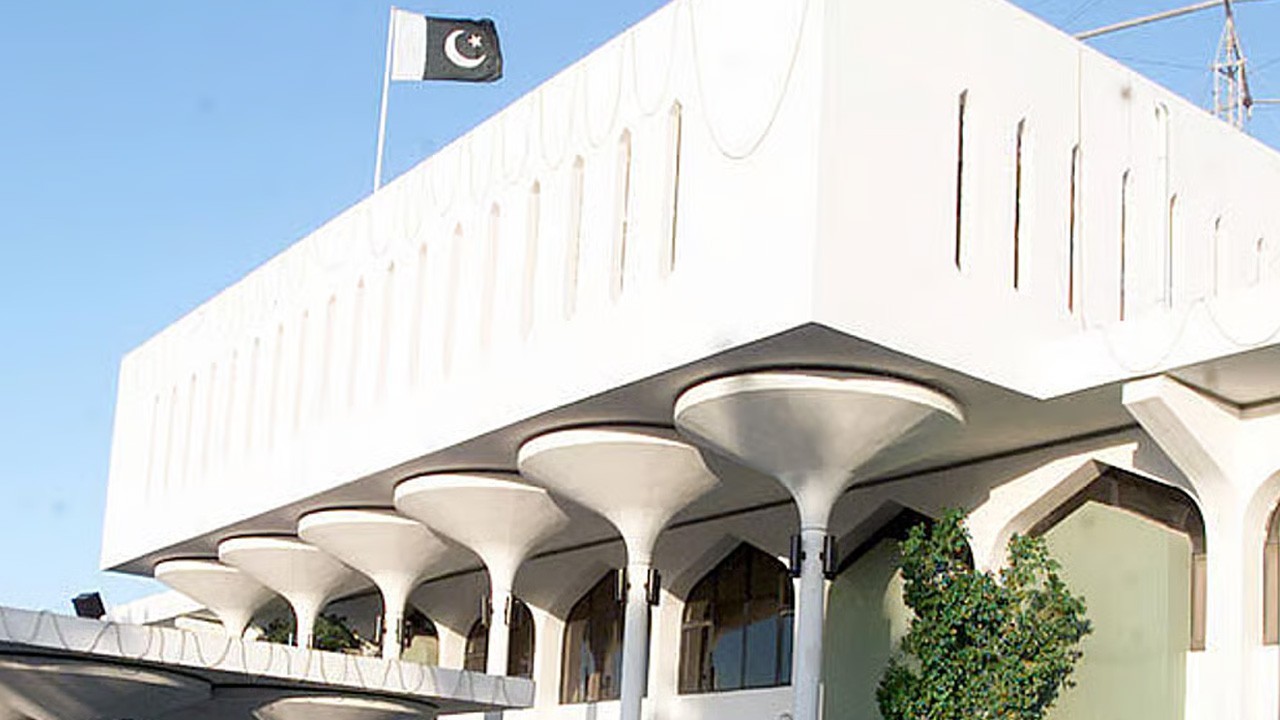
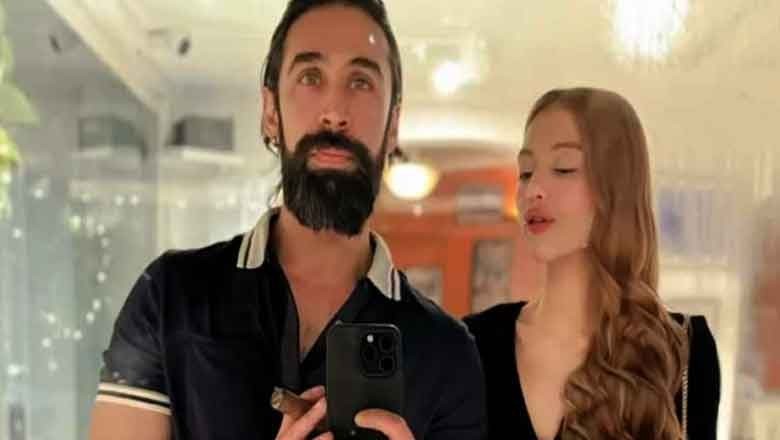
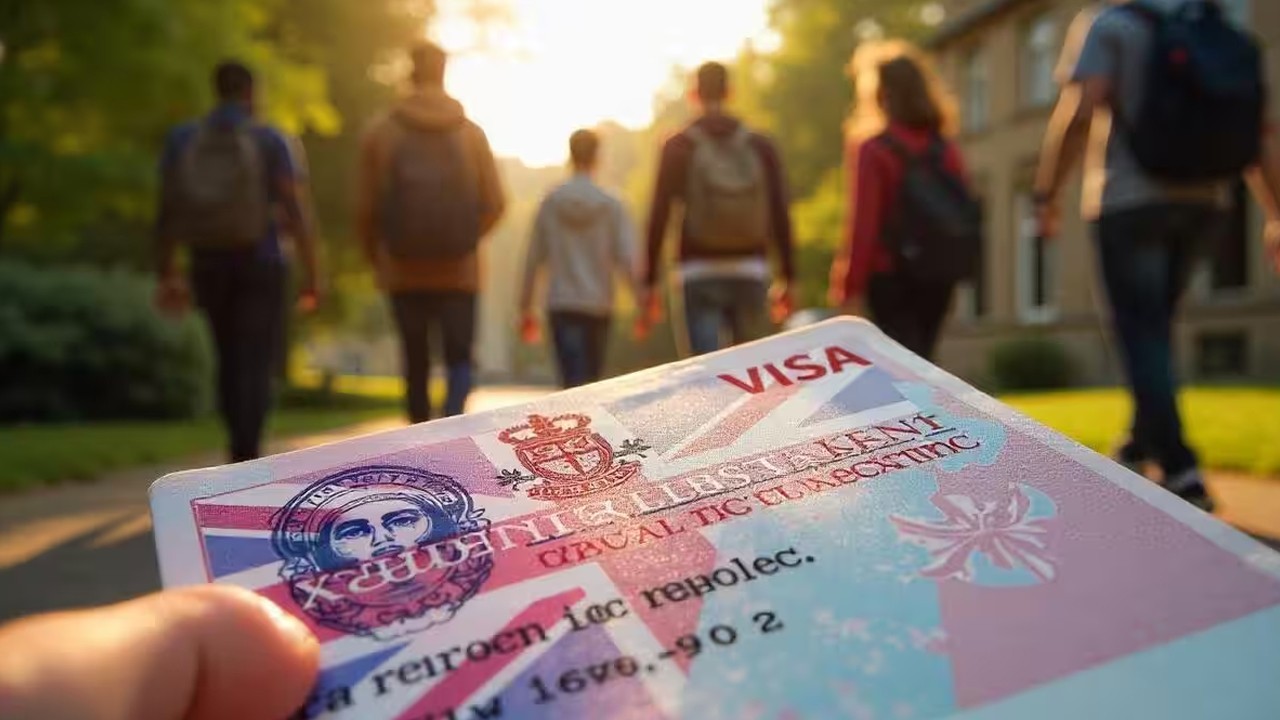
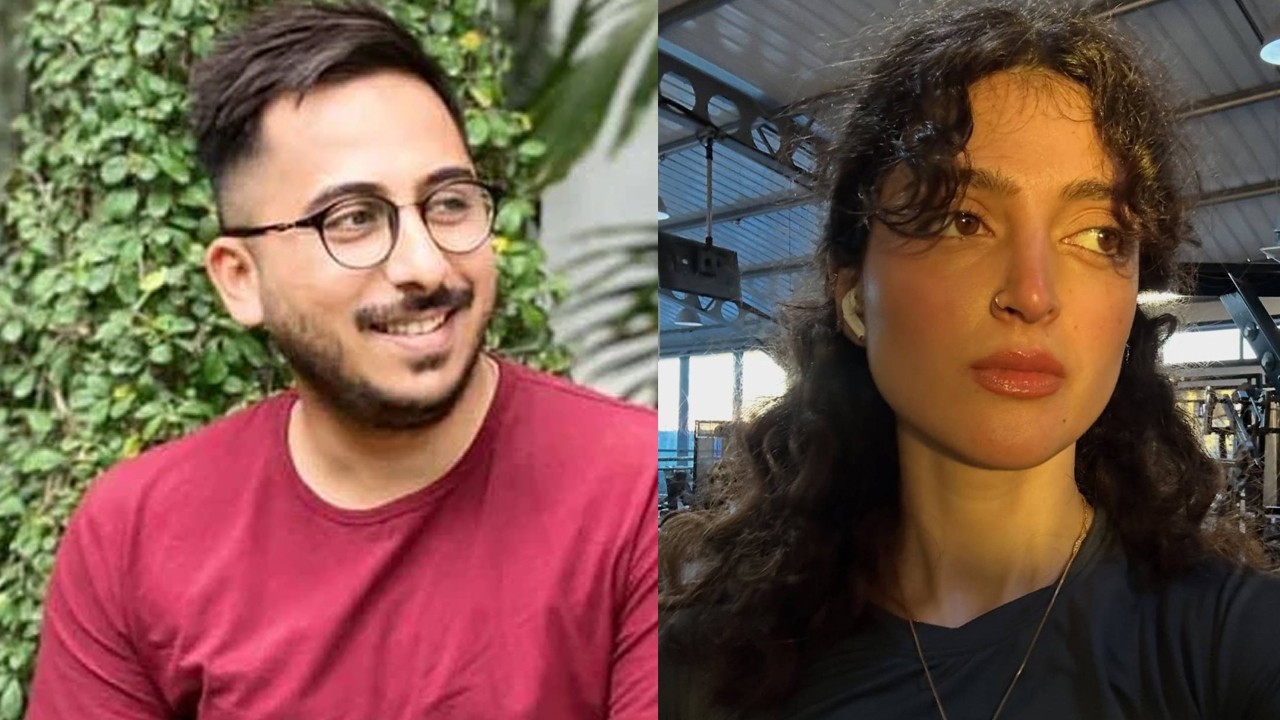

Comments
0 comment